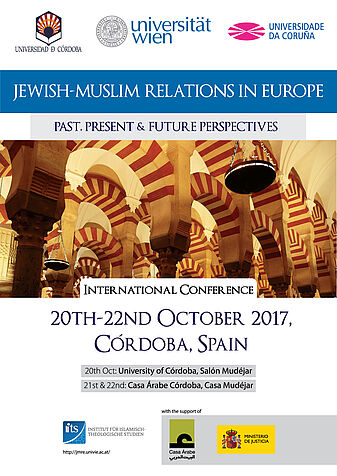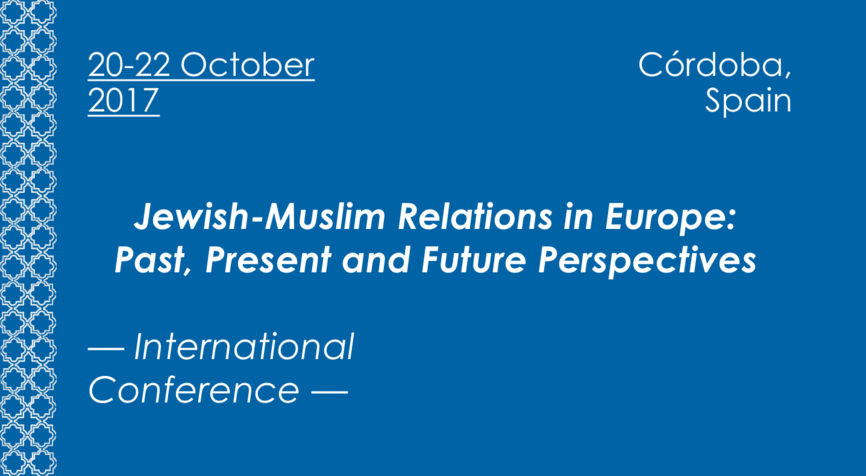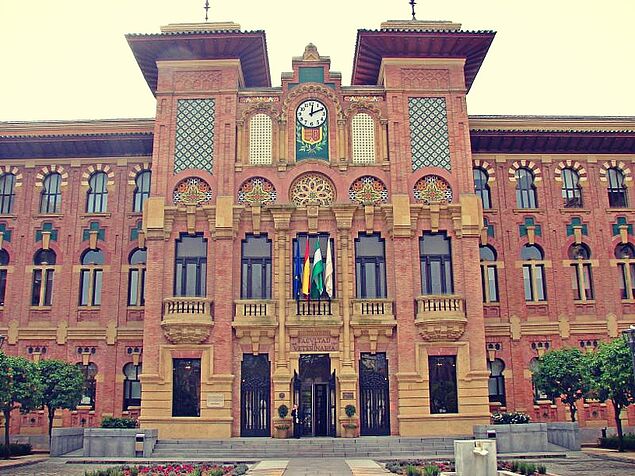Jewish-Muslim Relations in Europe: Past, Present and Future Perspectives
Jewish-Muslim Relations in Europe: Past, Present and Future Perspectives
For many centuries, the presence of both Jews and Muslims has respectively shaped Europe’s self-conception of an enlightened Western Christian civilization in various ways. While Jewish presence in Europe dates back as far as 300 BC, Muslim immigration goes back to shortly after the inception of Islam in the 7th century. The interaction with and among these religious groups is an essential part of Europe’s identity and it is crucial for the future of religious plurality and pluralism in Europe to take these relations into consideration.
Although within the process of European Integration, religion was initially marginalized and not given much consideration, we have seen an increase in debates in the past years over the social position of religion and its regulation in European societies. In particular questions over whether Islam can be a part of Europe and European identiy are commonly at the center of debates.
With regards to Jewish-Muslim relations in particular, public discourse mostly revolves around issues of conflict, notably around the Israeli-Palestinian conflict and concerns over growing antisemitism linked to Muslim migrants, while other aspects receive lesser attention. Hence, these issues define the relationship between Jews and Muslims and their social coexistence in Europe to a large extent. In France, home to both the largest Jewish and Muslim communities in Europe, this has led to considerable numbers of Jews migrating to Israel in the past years, leaving an impact on religious diversity in Europe.
Therefore, this international conference is intended to offer renowned scholars as well as junior re-searchers from different disciplines a forum that allows for a comprehensive scholarly exploration of Jewish-Muslim relations in Europe to stimulate inner- as well as interreligious discourse and to encour-age mutual action and reform. While the focus particularly lies on relations between Jews and Muslims, the conference also seeks to raise questions on common European values and political debates over religious symbols and practices, to secure the religious future of both Jews and Muslims in Europe and to contribute to the perception of religious communities as an enrichment for one another rather than a threat. The central task is to explore answers to the following questions:
What implications do the various manifestations of Jewish-Muslim relations in Europe have regarding the protection of pluralism and peace?
What answers to contemporary and future challenges do different theological and conceptual models of pluralism provide? And what specific concepts for education and other relevant fields of action can be derived from them?
During the conference, the following topics will be discussed:
- Historical and contemporary relations and dynamics, particularly:
- Examples of solidarity/dissociation, cooperation/tensions
- Practices and approaches of interfaith dialogue – Case Studies from European countries
- Theological and conceptual models of pluralism and their relevance for contemporary and future challenges
- Religion and identity in Europe
- Religious intolerance, fundamentalism and radicalization Trends


